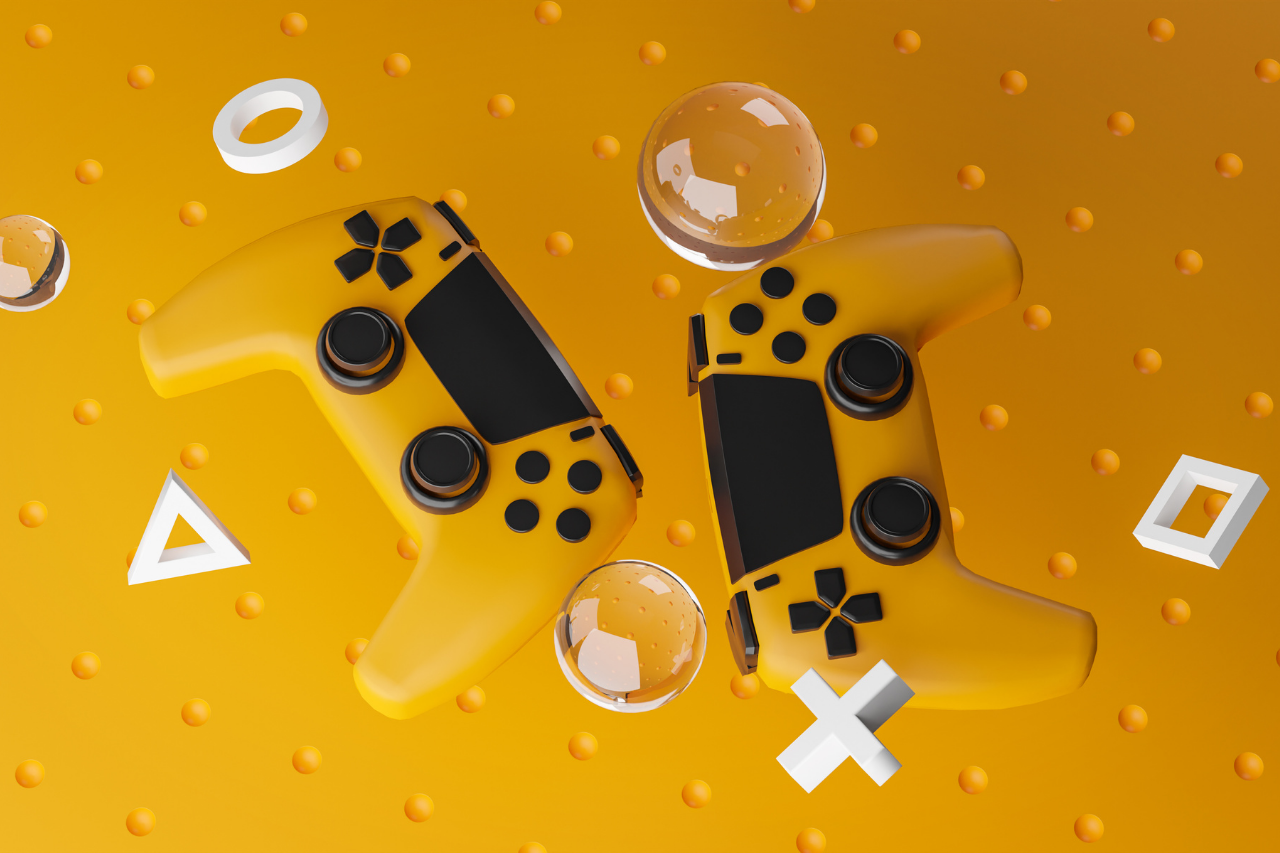
how to improve reaction time
In today’s fast-paced world, having quick reaction times is essential for various activities, including sports, driving, and daily tasks. Improving your reaction time not only enhances your performance but also contributes to safety and efficiency. This article will explore effective strategies to boost your reaction time and sharpen your reflexes.
How to improve reaction time
Improving reaction time is crucial in various activities, from sports and driving to everyday tasks. Fortunately, several strategies can help enhance reaction time. One effective method is to engage in regular physical exercise, particularly activities that focus on coordination, agility, and speed, such as sprinting, agility drills, and martial arts.
Additionally, practicing specific reaction-based exercises and drills can help train the brain and nervous system to react more quickly to stimuli. These exercises may include reaction ball drills, visual stimulus-response exercises, and hand-eye coordination drills. Another essential aspect of improving reaction time is maintaining overall health and wellness through proper nutrition, hydration, and adequate sleep.
Ensuring optimal brain function and reducing stress levels can also contribute to quicker reaction times. Finally, practicing mindfulness and concentration techniques, such as meditation and deep breathing exercises, can help sharpen focus and increase mental alertness, further enhancing reaction speed. By incorporating these strategies into your routine, you can gradually how to improve reaction time your reaction time and perform better in various activities requiring quick reflexes and responses.
Understanding Reaction Time
Response time alludes to the span between the introduction of an upgrade and the inception of a reaction. It involves the processing of sensory information and the execution of a motor response. Factors such as age, genetics, and lifestyle can influence reaction time.
The Importance of Reaction Time
Having a fast reaction time can be advantageous in numerous situations. Whether you’re a professional athlete, a driver on the road, or simply navigating through daily activities, quick reflexes can make a significant difference in performance and safety.
Factors Affecting Reaction Time
Several factors can impact reaction time, including:
Genetics
Genetic predispositions can play a role in determining an individual’s baseline reaction time. While genetics are not entirely within our control, other factors can be optimized to how to improve reaction time.
Age
As we age, our reaction time tends to decline due to changes in cognitive processing and motor function. However, engaging in activities that challenge cognitive function and coordination can help mitigate age-related declines in reaction time.
Sleep
Quality sleep is crucial for optimal cognitive function and reflexes. Lack of sleep can impair reaction time and increase the risk of errors and accidents. Aim for seven to nine hours of uninterrupted sleep per night to maintain sharp reflexes.
Physical Fitness
Physical fitness and agility play a significant role in reaction time. Regular exercise how to improve reaction time blood flow to the brain, enhances cognitive function, and promotes faster reflexes. Incorporate activities that improve coordination, balance, and agility into your fitness routine.
Cognitive Function
Cognitive processes such as attention, perception, and decision-making influence reaction time. Engage in activities that challenge cognitive function, such as puzzles, brain games, and learning new skills, to sharpen mental acuity and response speed.
Strategies to Improve Reaction Time
Enhancing your reaction time requires a combination of physical and mental training. Here are some effective strategies to boost your reflexes:
1. Practice Reaction Drills
Engage in specific exercises designed to challenge reaction time, such as catching a ball thrown at varying speeds or responding to visual or auditory cues. Consistent practice can help how to improve reaction time neural pathways and enhance response speed.
2. Improve Coordination and Balance
Activities that how to improve reaction time coordination, balance, and proprioception can contribute to faster reaction times. Incorporate exercises such as balance drills, agility ladder drills, and proprioceptive training into your workout routine.
3. Optimize Nutrition
Maintain a balanced diet rich in nutrients that support cognitive function and overall health. Omega-3 fatty acids, antioxidants, and vitamins B and D are particularly beneficial for brain health and optimal cognitive performance.
4. Stay Hydrated
Dehydration can impair cognitive function and slow down reaction times. Ensure you drink an adequate amount of water throughout the day to stay hydrated and maintain optimal brain function. We’ll discuss in this article about how to improve reaction time.
5. Get Sufficient Sleep
Prioritize quality sleep to allow your brain to recharge and optimize cognitive function. Lay out a standard rest plan, make a loosening up sleep schedule, and guarantee your rest climate is helpful for tranquil rest.
6. Reduce Stress
High levels of stress can negatively impact cognitive function and impede reaction times. Practice stress management techniques such as deep breathing, meditation, and mindfulness to promote a calm and focused mind.
FAQs
How long does it take to how to improve reaction time?
Improving reaction time is a gradual process that depends on various factors such as individual baseline, consistency of training, and overall health. With regular practice and dedication, noticeable how to improve reaction time can be achieved within weeks to months.
Are there particular activities to further develop response time?
Yes, several exercises can help how to improve reaction time, including catching drills, agility ladder drills, and reaction ball drills. Consistent practice of these exercises can lead to significant enhancements in reflexes and response speed. We’ll discuss in this article about how to improve reaction time.
Does age affect reaction time?
Yes, reaction time tends to decline with age due to changes in cognitive processing and motor function. However, engaging in regular physical and mental exercise can help mitigate age-related declines and maintain sharp reflexes.
Can nutrition affect reaction time?
Yes, nutrition plays a crucial role in cognitive function and overall health, which can impact reaction time. Consuming a balanced diet rich in nutrients that support brain health can help optimize cognitive performance and enhance reflexes.
Is sleep important for reaction time?
Yes, quality sleep is essential for optimal cognitive function and reflexes. Lack of sleep can impair reaction time and increase the risk of errors and accidents. Aim for seven to nine hours of uninterrupted sleep per night to maintain sharp reflexes.
Are there any supplements that can how to improve reaction time?
While certain supplements may claim to enhance cognitive function and reaction time, their effectiveness and safety can vary. It’s essential to consult with a healthcare professional before taking any supplements to ensure they are safe and appropriate for your individual needs.
Conclusion
Improving reaction time is achievable through a combination of physical and mental training, lifestyle modifications, and stress management techniques. By incorporating these strategies into your daily routine and staying consistent with practice, you can sharpen your reflexes, enhance cognitive function, and optimize performance in various activities.
Also Read: Lowe Home Improvement Near Me


